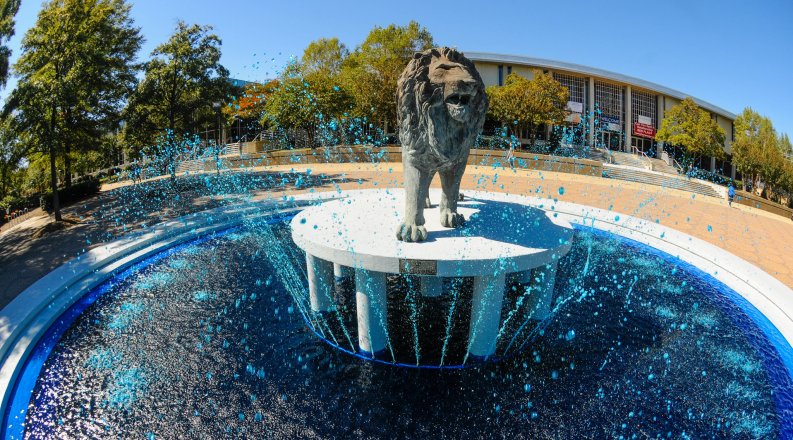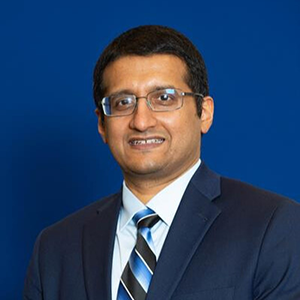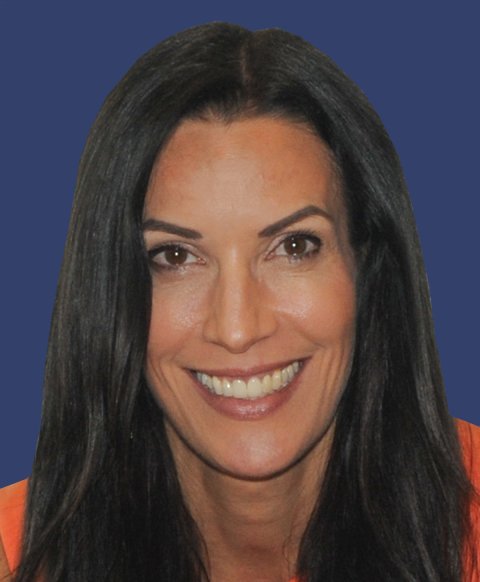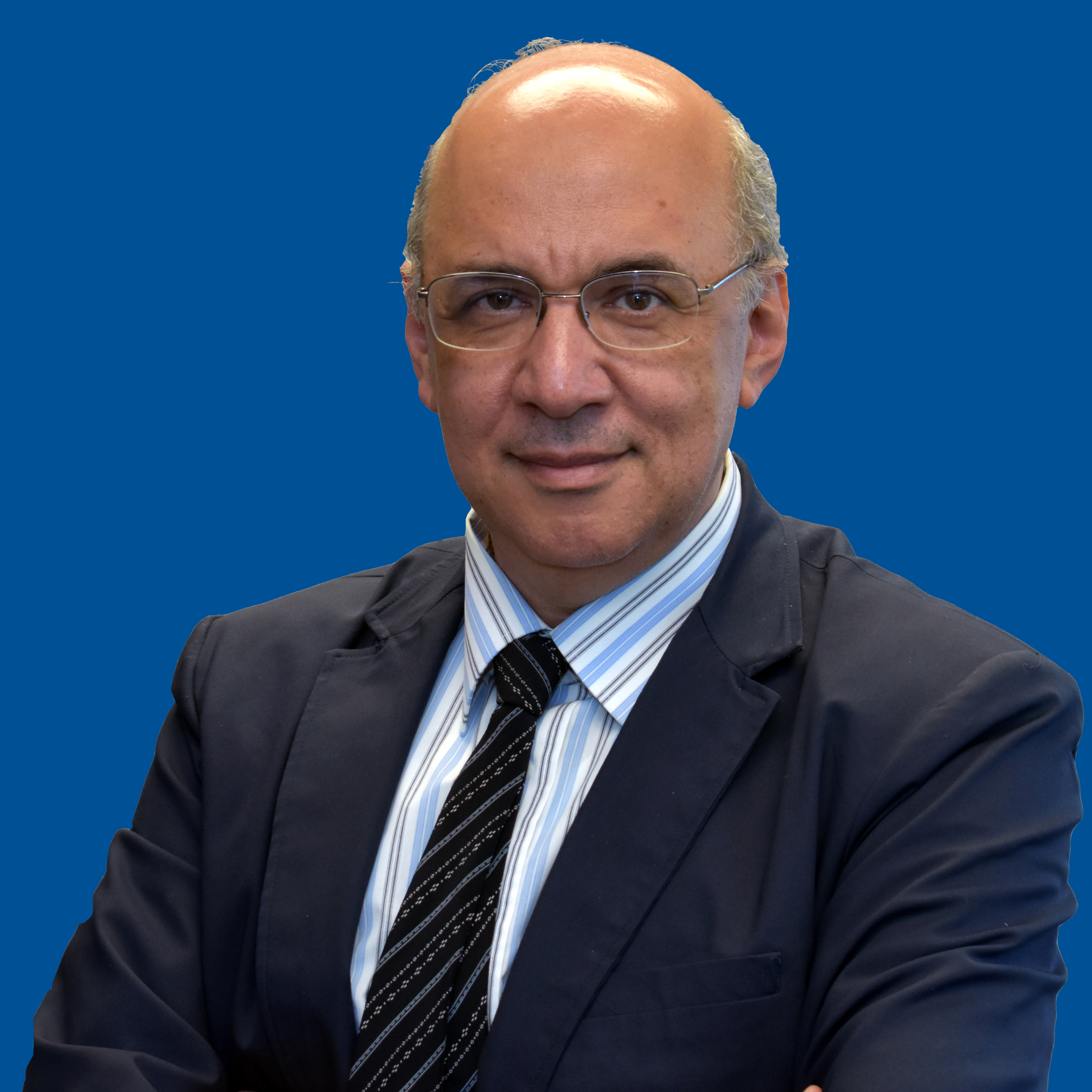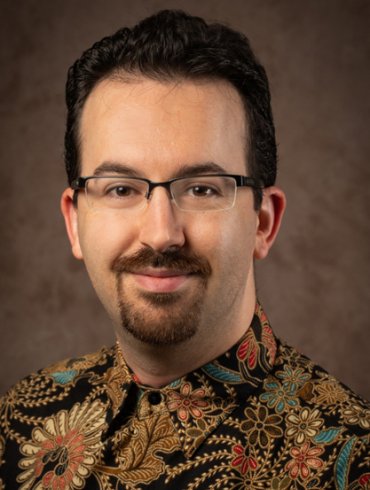By Katrina Dix
At least four Old Dominion University researchers recently joined dozens of their colleagues as some of the top 2% most-cited scientists in the world, according to a recent Stanford University ranking of the most influential subject matter experts.
Each fall since 2019, Stanford and Elsevier, an academic publisher, have released two databases ranking researchers’ influence within their fields. One identifies the top 2% of researchers most cited in the last calendar year, and the other ranks the top 2% of researchers’ career-long influence in their fields.
More than five dozen ODU faculty and emeriti appear on one or both of the most recent lists. The information comes from Elsevier’s Scopus database, which indexes abstracts and citations from peer-reviewed journals and is based not on how many papers a researcher publishes, but on how often other researchers refer to their work.
“It’s definitely an indicator of not only the type of research we do at ODU, but also the impact of the work,” said Sachin Shetty, Ph.D., who completed his doctorate at the University in 2007 and returned in 2016 as an executive director of the Center for Secure and Intelligent Critical Systems and professor with the Department of Electrical and Computer Engineering.
“Some of the work is also led by my students, so it’s particularly gratifying to see their work getting the impact that it richly deserves, so it’s all good on all sides,” he said.
Dr. Shetty has been on the annual list for several years, but this is the first time he has been recognized on the career list. His cybersecurity research focuses on the intersection of computer networking, network security and machine learning.
Helen Crompton, Ph.D., another regular on the annual list, also reached the career list for the first time this year. Dr. Crompton joined the University’s Darden School of Education and Professional Studies in 2013. Since last year, she has also served as the executive director of the Research Institute for Digital Innovation in Learning.
After spending 16 years as a classroom teacher in the United Kingdom and the United States, she started her academic career on the forefront of research into mobile learning. In 2017, her research turned to the use of artificial intelligence in education, just before the field exploded – and she’s been on the cutting edge ever since. The United Nations approached her in 2019 to design their AI framework and support the writing of the current United Nations AI guides for educators.
“You choose carefully,” said Dr. Crompton, who describes her career as a collision of hard work, foresight and serendipity. “You look deep enough into areas to figure out, ‘What is the future going to hold?’ So, in a way, you could call me a futurist.”
Two other researchers named on the career list for the first time this year are Hani Elsayed-Ali, Ph.D., and Philippe Giabbanelli, Ph.D. Dr. Elsayed-Ali joined the University in 1992. Although some of his most-cited research dates to 1985 and other indices show the influence of his work, some of his research appears not to have been reflected in the Scopus database, he said, though he's not sure why. Dr. Giabbanelli is a recent arrival to the University, having joined the faculty this year.
Dr. Elsayed-Ali is a Batten Endowed Professor and Eminent Scholar of electrical engineering. He was one of the founding members of ODU’s Applied Research Center and has served as its director since 2005.
He serves as the principal investigator on the development of a laser-based secondary ion mass spectrometer for chemical analysis, funded by the National Science Foundation, in collaboration with other University faculty and the University of California, Berkeley. Another current major project, in partnership with Thomas Jefferson National Accelerator Facility and Fermilab, aims to develop superconducting thin films, which can be used to coat the cylindrical cavities used in particle accelerators. He also works on ultrafast laser probing of materials. University doctoral students contribute to these projects.
“The speed at which we can probe matter has become extraordinary,” said Dr. Elsayed-Ali. “I would say that much of the major breakthroughs in chemistry and physics have relied on instrumentation development.” His work has been cited by eight Nobel laureates in chemistry and physics over the course of his career, although his background is in electrical engineering.
“I’m not sure it means much, because Nobel laureates publish lots of papers,” he added. “But that’s interesting, to have someone with all engineering degrees being cited in chemistry and physics.”
Dr. Giabbanelli joined the University this fall as the director of Modeling and Simulation for Health & STEM Research at the Virginia Modeling and Simulation Center (VMASC). Among other research, he will continue a project he started with the Centers for Disease Control and Prevention about four years ago to evaluate interventions that can help prevent suicide in children and adolescents.
“We are trying to look at the consequence of an action that hasn’t happened yet,” he said. "We have a large package of interventions. We want to know what they do before we enact them."
Modeling and simulation can account for the hundreds of variables involved in such complex scenarios, he said.
“This is an opportunity to scale up,” Dr. Giabbanelli said of his move to Norfolk. "Being a part of VMASC means that I have access to a lot of people around me who do very similar things to me, so we can scale up together.”
Stanford top 2% October 2024
(for year ending 2023)
Career List: Current Faculty (*also named to single-year list)
- Ian Balitsky*
- Oktay Baysal
- Craig A. Bayse
- Stephen J. Beebe*
- Peter Bernath*
- David J. Burdige
- Nikos Chrisochoides
- Helen Crompton*
- Gregory Cutter*
- Ayodeji Demuren
- John Doukas*
- Hani E. Elsayed-Ali
- Tal Ezer*
- Philippe Giabbanelli*
- Alex Gurevich*
- H. Rodger Harvey
- Patrick G. Hatcher*
- Eileen Hofmann*
- Fang Q. Hu*
- Soad R. Ibrahim*
- Khan Iftekharuddin*
- Anna Hueiwang Jeng
- Kenneth B. Kahn*
- John M. Klinck
- Sandeep Kumar*
- Murat Kuzlu*
- James Weifu Lee*
- Ling Xia Li*
- Li Shi Luo*
- Jingdong Mao
- Margaret R. Mulholland*
- ManWo Ng*
- George Noell
- Nora Noffke*
- Stephan Olariu*
- Andrei G. Pakhomov*
- Anatoly Radyushkin*
- Rocco Schiavilla
- Sachin Shetty*
- Willy Wriggers*
- Chunsheng Xin
- Lida Xu*
- Richard C. Zimmerman*
SIngle-Year List: Current Faculty (and not already listed above)
- Kent E. Carpenter
- Justin A. Haegele
- Yuping Liu-Thompkins
- James F. Paulson
- Xixi Wang
- Cassie Glenn
Career List: Emeriti (*also named to single-year list)
- Thomas F. Cash*
- Sheri R. Colberg*
- G.T. Csanady*
- Dennis A. Darby
- Daniel M. Dauer
- Ann E. Gargett
- Cynthia Jones
- Sharon Judge
- William Q. Judge*
- Mounir Laroussi*
- Chuh Mei
- Kenneth Mopper*
- Ahmed K. Noor*
- Karl H. Schoenbach*
- Carol Simpson
- Anusorn Singhapakdi
- David P. Swain*
- Wayne Kenneth Talley*
- P. Thomas Vernier
- George T.F. Wong*



